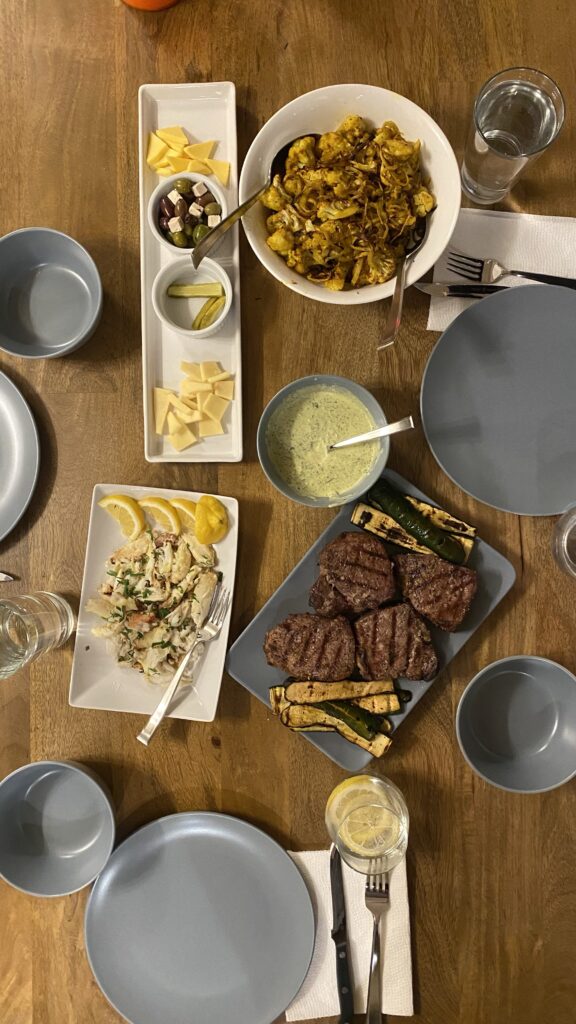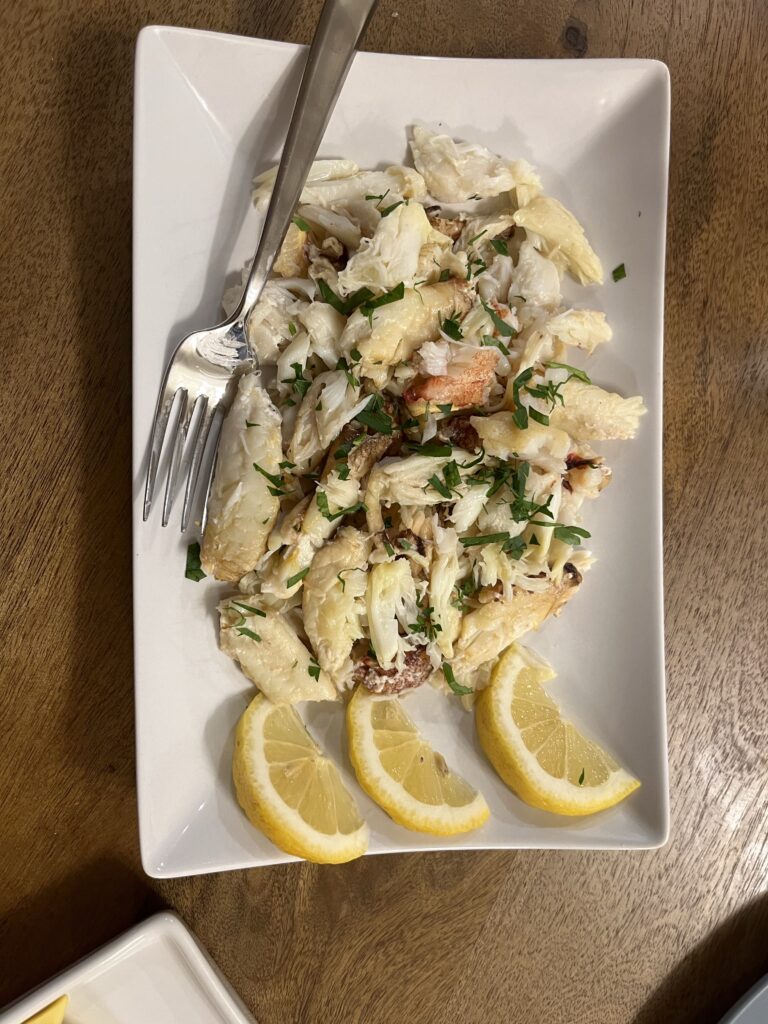I’m on maybe my third or fourth trip to a warmer climate where I’ve brought a Norma Kamali bathing suit. I bought it on sale from Net-Porter as I’d always wanted one of her classic one pieces. I’ve never worn it.
For the casual reader, I have a chronic autoimmune disease called ankylosing spondylitis. It’s an inflammation condition that affects my spine and is aggravated by heat & humidity. Any temperature above above room temperature, give or take 72 depending on the humidity, starts to swell my tissues.
It’s well controlled with drugs but environmental factors can quickly spin up a bevy of symptoms including pain so debilitating I can’t walk. It’s one of the reasons we moved to Montana. I can live a semi-normal life so long as it’s cold. I spend most of my days laying flat in bed or in a zero gravity chair. My disability has become one of the super powers I use to propel my investing alpha. Because what else do you do with your time if you can’t leave bed except monitor financial indicators and chat with founders?
But back to the bathing suit. The black halter swimsuit has turned out to be entirely an aspirational garment. It’s still got the sanitary sticker for the crotch on it that says remove before wearing. I left it in and it’s become the not so subtle reminder that I may never enjoy a beach vacation again. It’s simply beyond my grasp unless I want to pay an obscenely high cost in pain and immobility.
I dutifully pack the Norma Kamali suit on each trip with a warmer climate. I’ve taken it to Miami, Texas, the Mediterranean and Mexico now. For this trip to Puerto Vallarta I packed a second bathing suit. It’s a striped bikini.
I had a fantasy that maybe I’d need a second swim suit as the other would need to dry if I swam every day. Oh what self deception we humans are capable of when it involves something we cannot have but want. I’ve never put the second suit on either. It also has the sanitary sticker still on it. It’s beginning to feel like they taunt me. Isn’t it funny that Julie still yearns to participate in the simple pleasures of life. “That dumb cunt” I imagine them murmuring as I pack.
My father loves tropical vacations. An adults only resort on a beach is his idea of a good time. And for his birthday, my brother and I very much wanted to give him what he wanted. Part of this is self protection as he often forgets to ask after other people’s preferences even if they are for something serious like a disease or disability. Better to avoid disappointment than know for sure. But also if we can give him what he wants why not make the sacrifice? It’s expensive for me energetically but I wanted to spend.
But it’s become clear I can’t make the sacrifices desired for the perfect fantasy family vacation. The bathing suit gets tossed in the suitcase with the knowledge that I can only manage one event outside each day. It’s usually a dinner or a chat.
Then I must sleep it off and work to recover. There is no space for pleasant relaxation on the beach in my body. The compressed Lycra slowly battling the expansion of my tissues as they swell overlapping with stuck lymphatic liquids would be torture. There is no joy to be found and no extra capacity to be eked out that might make the experience mimic the pleasure in a healthy body.
The fantasy is just that. A delusion I have about a life a lost and unlikely to be regained. The after effects of fertility treatments, IVF and living hard to outrun the vicissitudes of capitalism. I’ve accepted it as my lot in life. But it’s much harder to get it across to the rest of the world. And my fear that I’ll be left out and forgotten, that if I don’t fit myself into someone else’s life I’ll be abandoned. And so I rationalize that I’d be abandoned if I don’t at least try to bring the bathing suit. Even though going to the beach is a fantasy.
I hope my friends and family are able to meet me half way but I remain afraid that they don’t know how, or are unable to imagine what it’s like to live in my body. And it would be nice to be met halfway.

